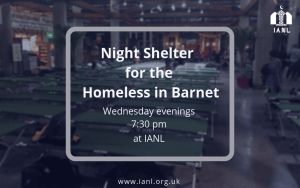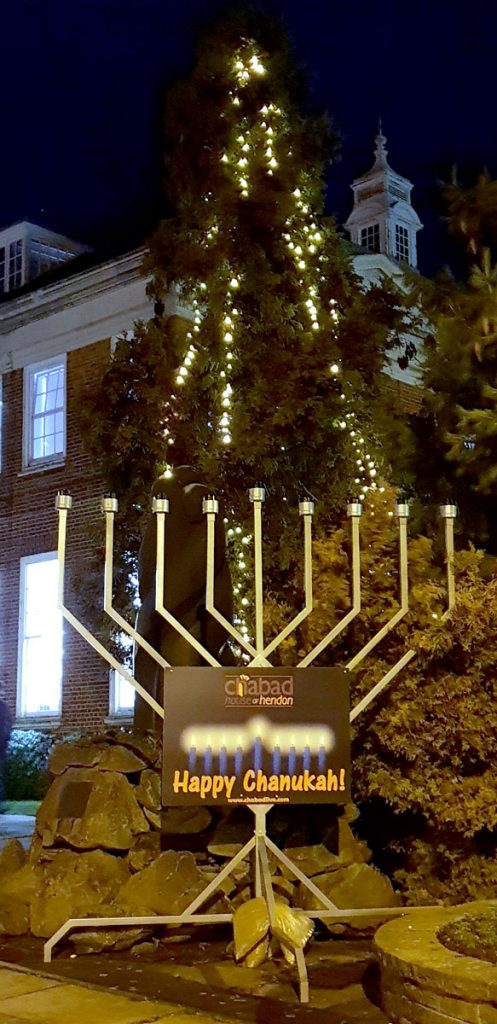by Anthony Melnikoff JP
In November 2018 a conference took place under the auspices of the Barnet Violence Against Women and Girls (VAWG) Forum. The title was Harmful Practices and the emphasis was on harm arising from certain cultural and religious practices. The topic was, by its nature, a highly sensitive one, and focused on three main areas: honour based violence, both physical and non physical; forced marriage; and female genital mutilation (FGM).
Violence of any kind is illegal in the UK, whether honour based or otherwise. Taking this in a wider context, and putting it into a domestic setting, this includes, not only physical abuse, but also psychological, emotional, sexual, and financial, and since 2013 coercive and controlling behaviour has also been included under the definition. Forced marriage has been illegal in the UK since 2014. The number of successful prosecutions under both of the last two headings has been small relative to the number of reported (and alleged non reported) incidents, but at least the offences are now being taken seriously.
The first successful prosecution for FGM took place in February 2019, this despite it having been illegal in the UK, other than for medical reasons, since 1985, the current legislation dating from 2003! There have been three previous prosecutions, but all resulted in acquittal. The offender was a 37 year old woman, the victim her 3 year old daughter. The mother claimed her daughter had “fallen on metal and ripped her private parts” while reaching for a biscuit, and she had “coached” her daughter to repeat this to the police. The prosecution also provided evidence of items being used for witchcraft being found in the mother’s home.
The maximum sentence for this offence is fourteen years imprisonment. At the time of writing the offender is still awaiting sentence. Lynette Woodrow from the CPS said:
“Female genital mutilation has an appalling physical and emotional impact on victims that usually lasts their entire life. We can only imagine how much pain this vulnerable young girl suffered and how terrified she was. A three-year-old has no power to resist or fight back. Her mother then coached her to lie to the police so she wouldn’t get caught but this ultimately failed … We will not hesitate to prosecute those who commit this sickening offence.”
A recent report from the World Health Organisation claims that:
- FGM is practised in 30 countries in Africa and some in Asia and the Middle East.
- An estimated three million girls and women worldwide are at risk each year.
- About 125 million victims estimated to be living with the consequences
- It is commonly carried out on young girls, often between infancy and the age of 15
- Is often motivated by beliefs about what is considered proper sexual behaviour, to prepare a girl or woman for adulthood and marriage and to ensure “pure femininity”
- Dangers include severe bleeding, problems urinating, infections, infertility and increased risk of childbirth complications and newborn deaths
In March 2018 an NHS report estimated that around 137,000 women and girls in the UK are affected by FGM, including 6,000 cases reported in the previous twelve months.
So although the first successful prosecution has now taken place in the UK, there is an enormous amount of work to be done before the practice is eliminated both here and worldwide.

